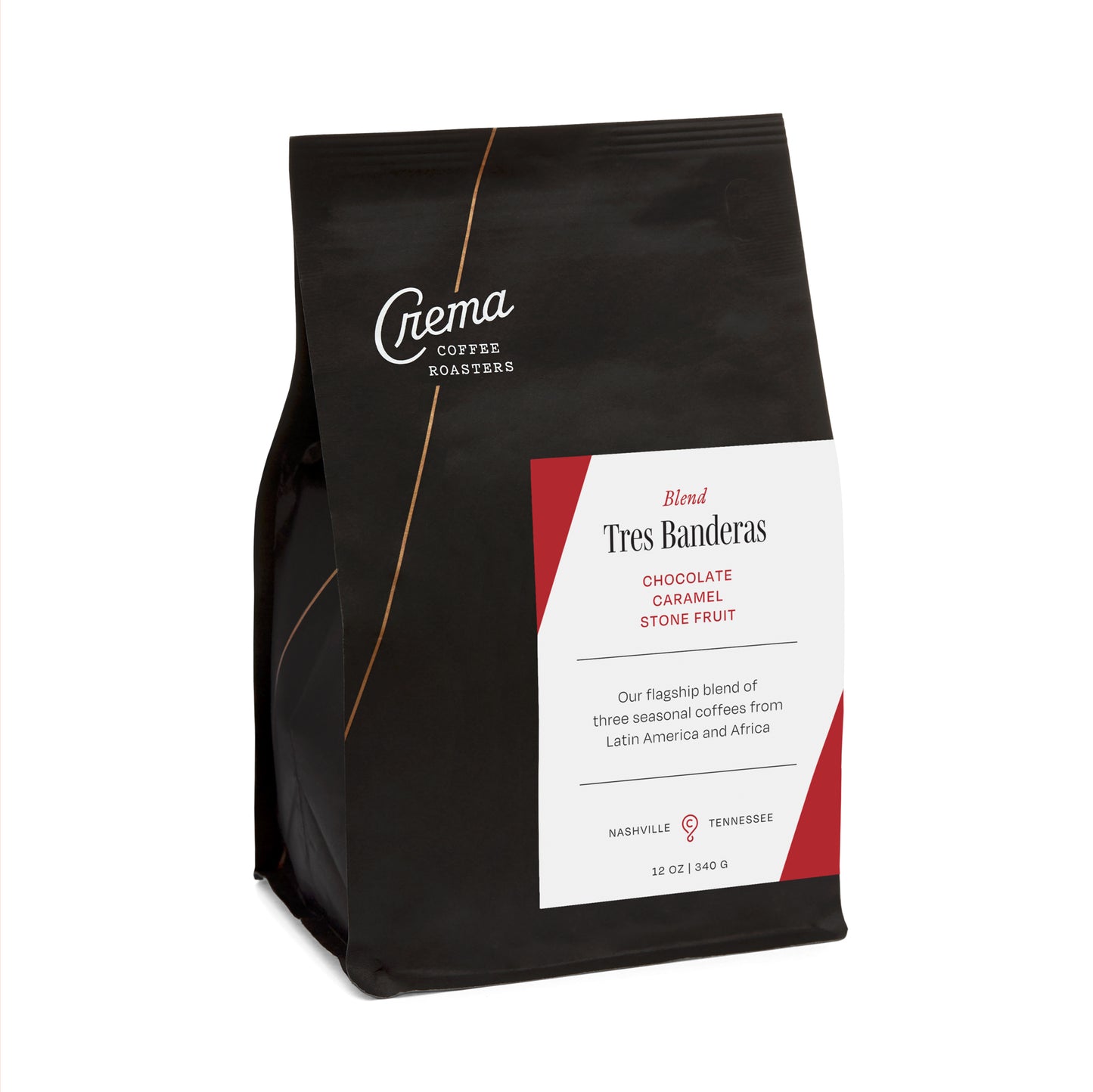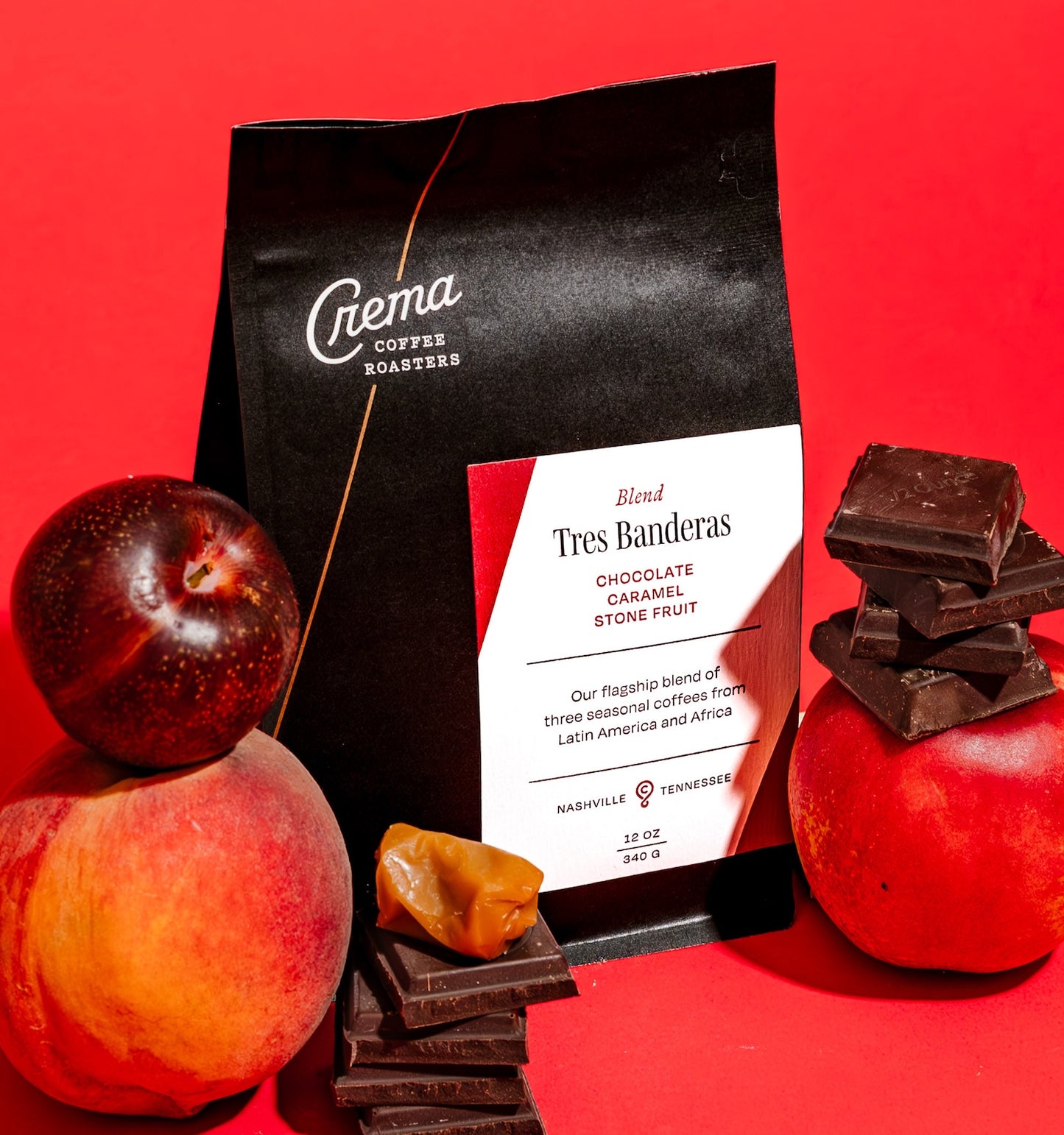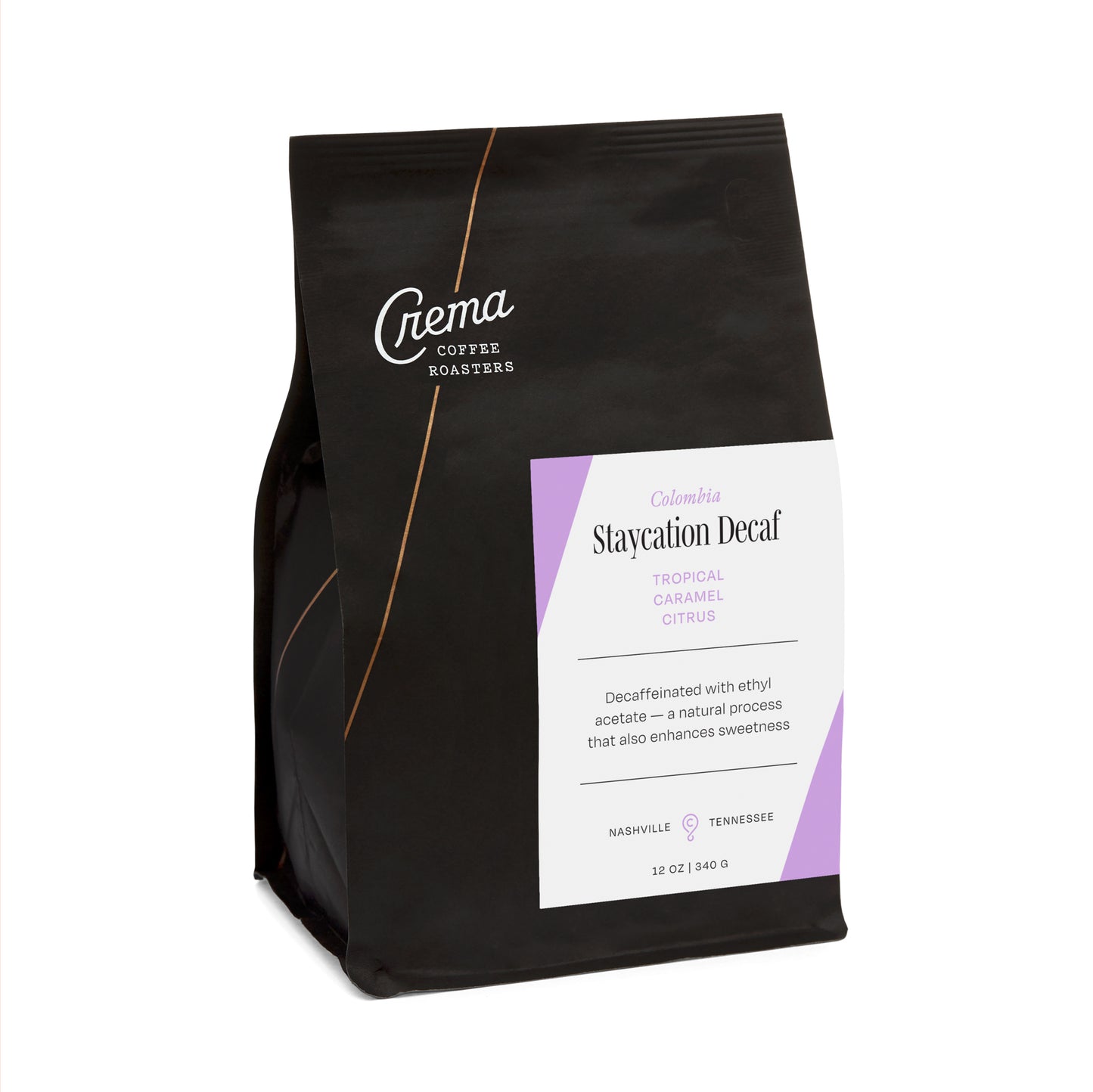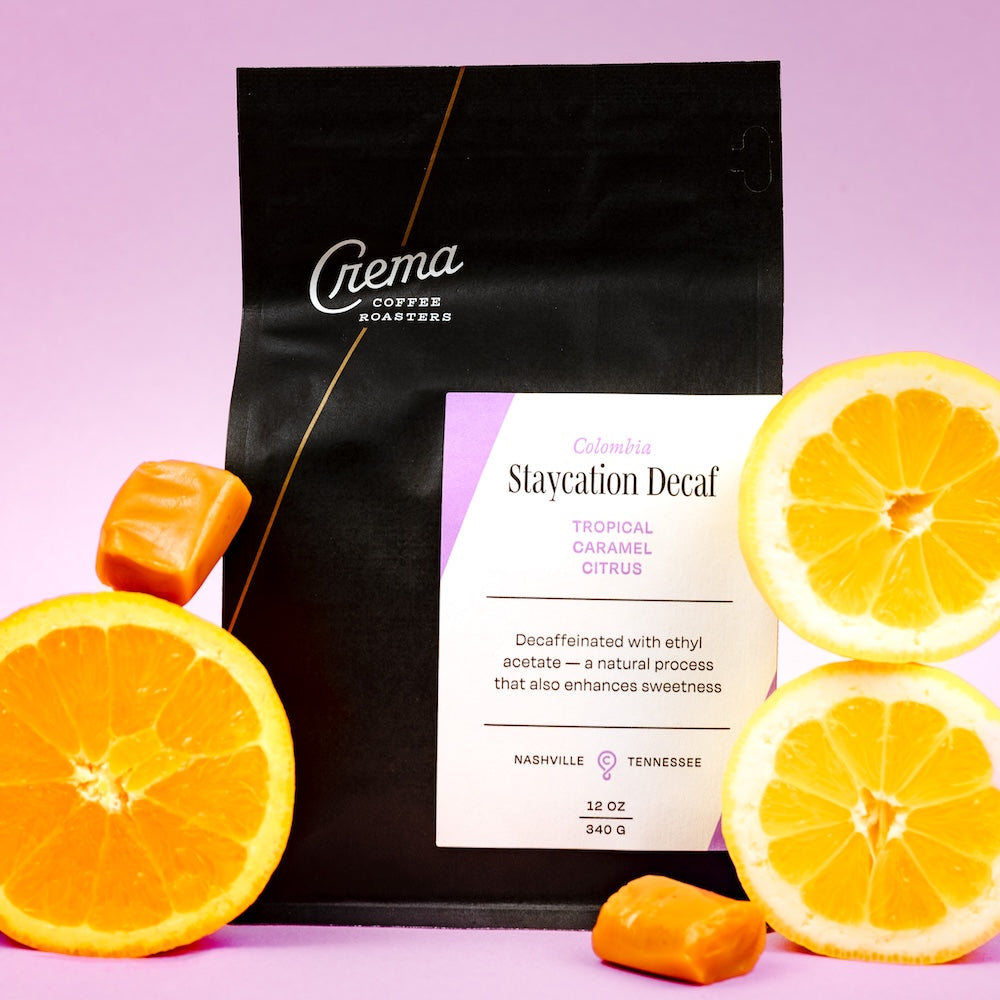All coffee falls into one of two categories: commodity and specialty.
Commodity coffee is coffee that is traded just to get the job done. You often don’t know where it was grown or details about who grew it. Its flavor is less complex and is often a bit more bitter. The name of the commodity game is quantity.
Specialty coffee is entirely about quality. All coffee is graded on a 100-point scale. To be considered “specialty,” a coffee must score at least an 80*. In this way, specialty coffee stands as the direct alternative to commodity coffee. It’s not that one is right and one is wrong — they’re just wholly different approaches.
Commodity coffee (think Folgers, Maxwell House, and the like) purchases coffee en masse and sells it that way, buying with less concern for quality than caffeine.
Specialty coffee, on the other hand, is a series of skilled and intentional steps that begin at the farm. Farmers work hand in hand with green buyers, who work with roasters, who work with baristas, who work with the consumer (that’s you!). This chain of relationship and traceability enables more conversation from producer to consumer and back to create coffee that continually evolves to be more delicious and sustainable.
Farmers and producers are artisans and the cornerstone of specialty coffee. Great skill and care must be exercised at every step in the process— from cultivation to export.
Most coffee experts agree that the stages of specialty coffee production following harvest are about preserving coffee quality rather than improving. Quality can be negatively affected during processing, green storage, roasting, and, of course, brewing, so every step along the way matters.

WHAT MAKES SPECIALTY COFFEE DIFFERENT?
1. The Coffee Plant Itself
Specialty coffee is exclusively made of a family of varieties that live under the Arabica species. Arabica is a finicky plant that is prone to disease and requires very specific conditions to grow. There are hundreds of varieties within the Arabica family that have evolved organically, or through manual selection that each bring their own benefits to the table. Some are shorter and bushier to make for easier picking, some have higher yields, and others are resistant to rust, but all have a unique taste. (Think about it like a Malbec and a Chardonnay — wines made from two grapes in the same species family, but with very different flavor, mouth feel, and sweetness.)
2. High Altitude Growing
One of the requirements for growing arabica specialty coffee is high altitude, generally somewhere between 1,000 and 1,800 meters. The sweetness, acidity and complexity in a coffee directly correlates with higher altitude, which means cooler temperatures, slower development, and more time for all of those good flavor molecules to form. This means farming on a slope, knowing the soil and weather conditions like the back of your hand, and taking preventative measures to keep the coffee plants from getting too much sun or water as the climate often rapidly changes.
3. Particular Harvesting and Processing
After cultivation and tending of specialty coffee, there is harvesting and processing, both of which are labor intensive and require a keen eye and extensive knowledge. Perfectly ripe cherries produce richer cups of coffee with more sweetness. As coffee ripens, citric acids convert into sugars.

Handpicking cherries exactly when they are ripe is fundamental to the production of specialty coffee.
After ripe cherries are picked, they are sorted, then processed. The most typical process is called 'washed' where the cherries are de-pulped (or cleaned of their fruit) and put in a flotation tank. Cleaned coffee is processed in a wet mill and a dry mill, then sorted for defects a few times at the mill. (Read more about another type of processing here!)
It is up to the producer to understand how fermentation and moisture content affect coffee quality. Poor processing can negatively affect the crop and lead to lower graded or dirty coffee. After processing, the specialty coffee is shipped in containers and eventually received through customs at its final destination.

WHO DECIDES WHAT SPECIALTY COFFEE IS?
There are a few organizations that define and oversee how specialty coffee is graded, namely the SCA (Specialty Coffee Association) and the Coffee Quality Institute. Quality graders (Q graders, for short) are certified to define and score coffees on a quality scale. Q graders sort and look through green samples and roasted samples, using a format called “cupping” to assess the quality of coffee.
Specialty coffee is assessed on fragrance, aroma, body, taste, acidity, and balance.
If your cup is full of specialty coffee, you will be able to taste a nuanced beverage with multiple aromas and flavors.

WHAT DOES THAT ALL MEAN FOR US?
All of the effort and artistry that goes into specialty coffee brings a great responsibility to each bag of coffee we sell and cup of coffee we make. We continue the work that began with the farmers and producers in the origin country and the workers at their mill. We work in specialty coffee because we believe in the value of intentional, sustainable, and well-paid labor. We roast and grind and brew and serve with care and attention to detail, doing justice to the truly special coffees we receive while upholding their already high standards.
In each complex and fruity sip of Crema coffee, we hope you feel the delight of a long line of skilled and passionate professionals, working together to make something beautiful.
We made a video version of 'What is Specialty Coffee?'. Watch it below!
← Older post Newer post →








